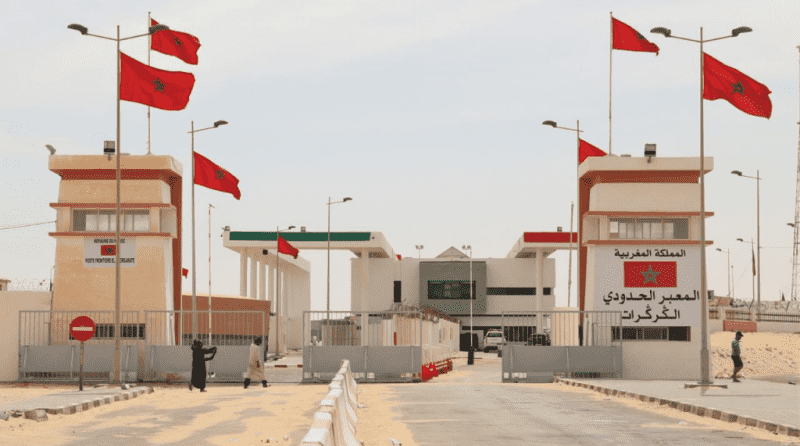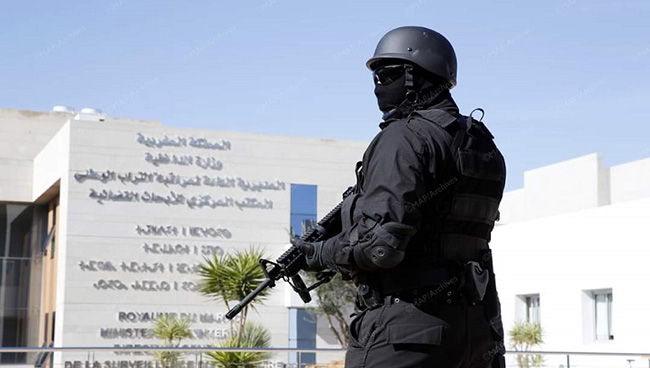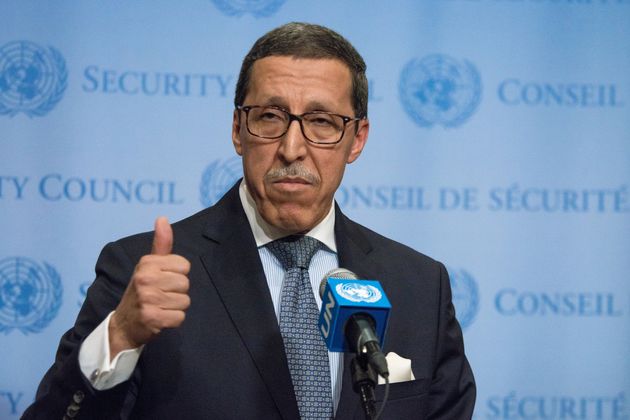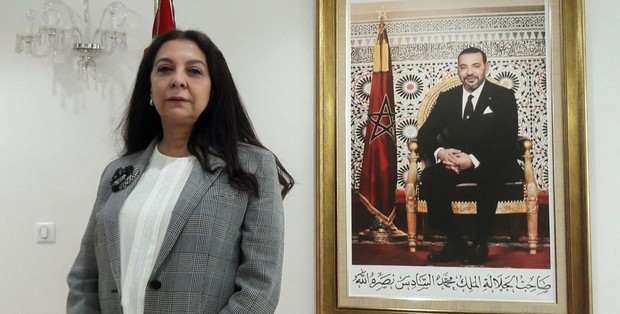Gabon reaffirmed, in New York, its support for the Moroccan autonomy initiative, deeming it "the compromise solution" to end the regional dispute over the Sahara.
“We support the Moroccan autonomy initiative described as serious and credible by the Security Council in its successive resolutions since 2007,” underlined the First Advisor to the Permanent Mission of Gabon to the UN, Jean-Pierre-Hemery Doumbeneny-Ndzigna during the ordinary session of the C24 (June 10-21).
He argued that this initiative is "the compromise solution to this regional dispute. It is consistent with international law, the Charter of the United Nations and the resolutions of the Security Council and the General Assembly."
The diplomat highlighted the strengthened international dynamic in support of the Moroccan autonomy plan, with more than 107 countries having expressed their support for the initiative.
He further welcomed the opening of around thirty consulates general from Arab, African, American and Asian countries as well as regional organizations in the cities of Laâyoune and Dakhla, with the aim of strengthening economic and social opportunities that the Moroccan Sahara offers as a hub of development, stability and influence in the Mediterranean, Atlantic and African regions. He also welcomed the opening by Gabon of a consulate general in the Moroccan Sahara.
The speaker highlighted the participation in this ordinary session of the C24 of the representatives of the Moroccan Sahara, democratically re-elected during the ballot of September 8, 2021, as well as in the regional seminars of the same committee, the most recent of which held in Caracas on May 14 and 16 and at the round tables in Geneva.
He also hailed the socio-economic development in the Moroccan Sahara thanks to the investments and projects implemented within the framework of the new development model launched in 2015, stressing that this dynamic has greatly contributed to the empowerment of the populations and the improvement of human development indices in the southern provinces of the Kingdom.
In the same vein, the Gabonese diplomat praised Morocco's substantial achievements in the area of human rights, welcomed by Security Council resolutions, mainly resolution 2703, citing in this regard the strengthening of the role of the regional commissions of the National Human Rights Council in Laâyoune and Dakhla, bilateral cooperation with the Office of the High Commissioner for Human Rights, treaty bodies and special procedures of the Human Rights Council.
He also welcomed Morocco's "full respect" of the ceasefire in the Moroccan Sahara and its full and continued cooperation with MINURSO, calling on the "polisario" to return to the ceasefire, lift its unacceptable restrictions on the freedom of movement of MINURSO and its ability to supply its team-sites to the east of the defense system in the Moroccan Sahara, "because the security and stability of the entire region are at stake, as well as the ability of MINURSO to implement its mandate to supervise the ceasefire, as documented in the Secretary-General's report to the Security Council.
The diplomat also indicated that his country welcomes the efforts of the Personal Envoy of the UNSG to the Moroccan Sahara, Staffan de Mistura, aimed at facilitating the relaunch of the political process under the Secretary General's exclusive auspices, including his visits to Rabat, Algiers and Nouakchott.
In this context, he renewed his country's call for the rapid resumption of the round table process, according to the same format and with the same four participants, namely Morocco, Algeria, Mauritania and the "polisario", in accordance with Security Council resolution 2703.
The speaker encouraged the parties to remain engaged throughout the political process with a view to achieving a political, realistic, pragmatic, lasting and compromise solution to the regional dispute over the Moroccan Sahara, as requested by the Security Council.
Furthermore, the Gabonese diplomat expressed his country's "deep concern" about the situation of the populations of the Tindouf camps in the southwest of Algeria, particularly women and children, while denouncing violations of their fundamental rights. "We want to emphasize in this context the need to carry out their registration and census in accordance with international humanitarian law, the mandate of the United Nations High Commissioner for Refugees, the recommendations of the UN Secretary-General and all Security Council resolutions since 2011, including resolution 2703," he noted.
He stated that Gabon denounces the violations of the "polisario", "which not only deprives the populations of the Tindouf camps of their rights, but diverts the humanitarian assistance intended for them by the international community, for the personal enrichment of its members and for the acquisition of weapons" as evidenced by several reports including the latest revelations from the World Food Program (WFP) in its January 2023 report entitled "Summary report of the evaluation of the provisional strategic plan for Algeria ( 2019-2022)" and the 2015 European Anti-Fraud Office report.
“Aware of these diversions, the Security Council in its resolution 2703 urged aid agencies to facilitate the delivery of humanitarian aid to the Tindouf camps in accordance with United Nations best practices,” he recalled.






